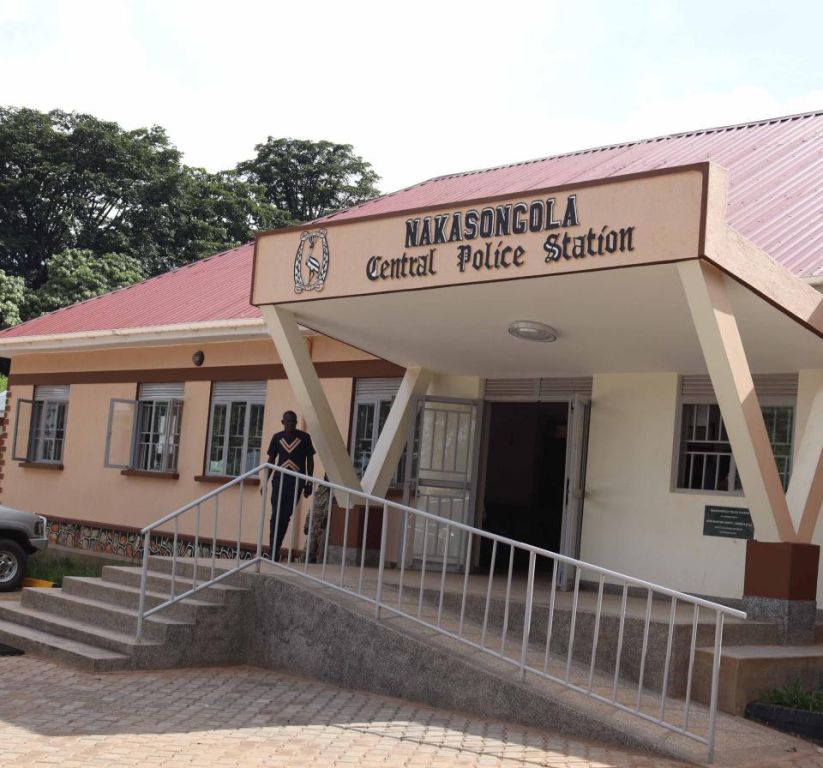Dilapidated Public Toilet Raises Concerns in Gulu District
Residents of Gulu District have expressed frustration over the condition of a public toilet located behind the health department, describing it as unusable and extremely dirty. The deteriorating state of the facility has prompted concerns about the lack of adequate sanitation infrastructure in the area.
One resident, Moses, highlighted the dire situation by suggesting the possibility of renting the toilet, renovating it, and using it as a public facility for business purposes. This proposal reflects the urgent need for functional and accessible toilets in Gulu City to meet the basic sanitation needs of the community.
Another resident, Ojok Okot, echoed similar sentiments, stating that many district headquarters across the region have similarly unusable toilets. Okot recalled his experience in 2021 when he encountered similar challenges while working on a project with local governments and sub-counties.
The state of the public toilet behind the health department underscores broader concerns about inadequate sanitation infrastructure in Gulu District. Access to clean and functional toilets is essential for promoting public health, preventing the spread of diseases, and ensuring dignified living conditions for residents.
The current condition of the public toilet not only poses health risks to those who attempt to use it but also reflects poorly on the local government’s commitment to providing essential services to the community. Addressing the issue requires immediate attention and collaborative efforts from relevant stakeholders.
Efforts to improve sanitation infrastructure in Gulu District may involve renovating existing facilities, constructing new toilets in strategic locations, and implementing effective maintenance and monitoring systems. These initiatives are crucial for enhancing public health outcomes and promoting a hygienic environment for residents.
Community engagement and participation are also key components of sustainable sanitation initiatives. Involving residents in decision-making processes, raising awareness about the importance of sanitation, and promoting hygiene practices can help foster a sense of ownership and responsibility among community members.




















